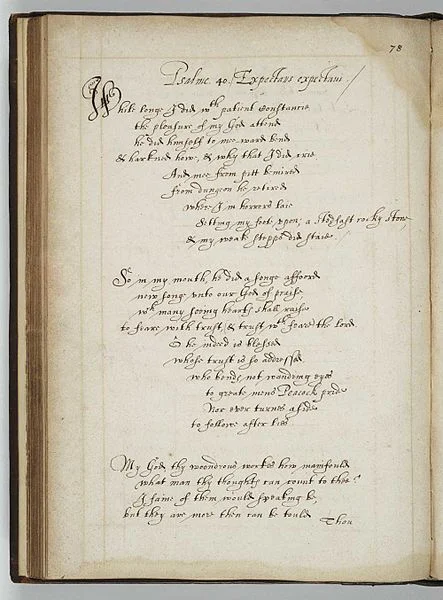I love the Psalms. And I thought I knew them well. There is a great deal of comfort and encouragement in those 150 chapters. But I never realized how equally full of pain and despair they are until I started writing a year-long daily devotional (hopefully to be published).
David was nothing if not open and transparent. You never had much doubt where he was coming from, or what he was going through. He had experienced it all. Warfare, deceit, dishonesty, and worst of all, betrayal from close friends. The Psalms are known for their repetition of the phrase, “How long, O Lord, how long?”
I’m glad David was so open. He’s a great model. Many years ago, I used to go to conferences with big name speakers who advertised all their successes, and came away discouraged. Then I started to go to conferences with speakers who were more interested in using the example of their own weaknesses to advertise God’s glory, and I came away blessed.
What amazes me about David is how God continued to use him in spite of his shortcomings. I’m not excusing his failings or suggesting we repeat them. I’m just encouraged that God uses men and women who mess up, which means there’s hope for me.
David did believe in forgiveness, but he did not believe in cheap grace. He mourned his sin, and the consequences it had on himself and others. He went though dark nights of the soul on account of his failures, and never passed them off lightly. Yet in it all, he never lost his faith in the gift and power of the grace of God.
I think that’s good news for us. It’s also sobering, as I think these days we often tend to underestimate the consequences of sin. And we’re generally pretty good at blaming others instead of taking responsibility.
But here’s David’s message: if we do own up, God is there for us with measureless grace and the ability to restore.
David overcome all his weaknesses. He ran the race and finished it well.
If you’ve failed, follow David’s example, and it will end well for you too.
